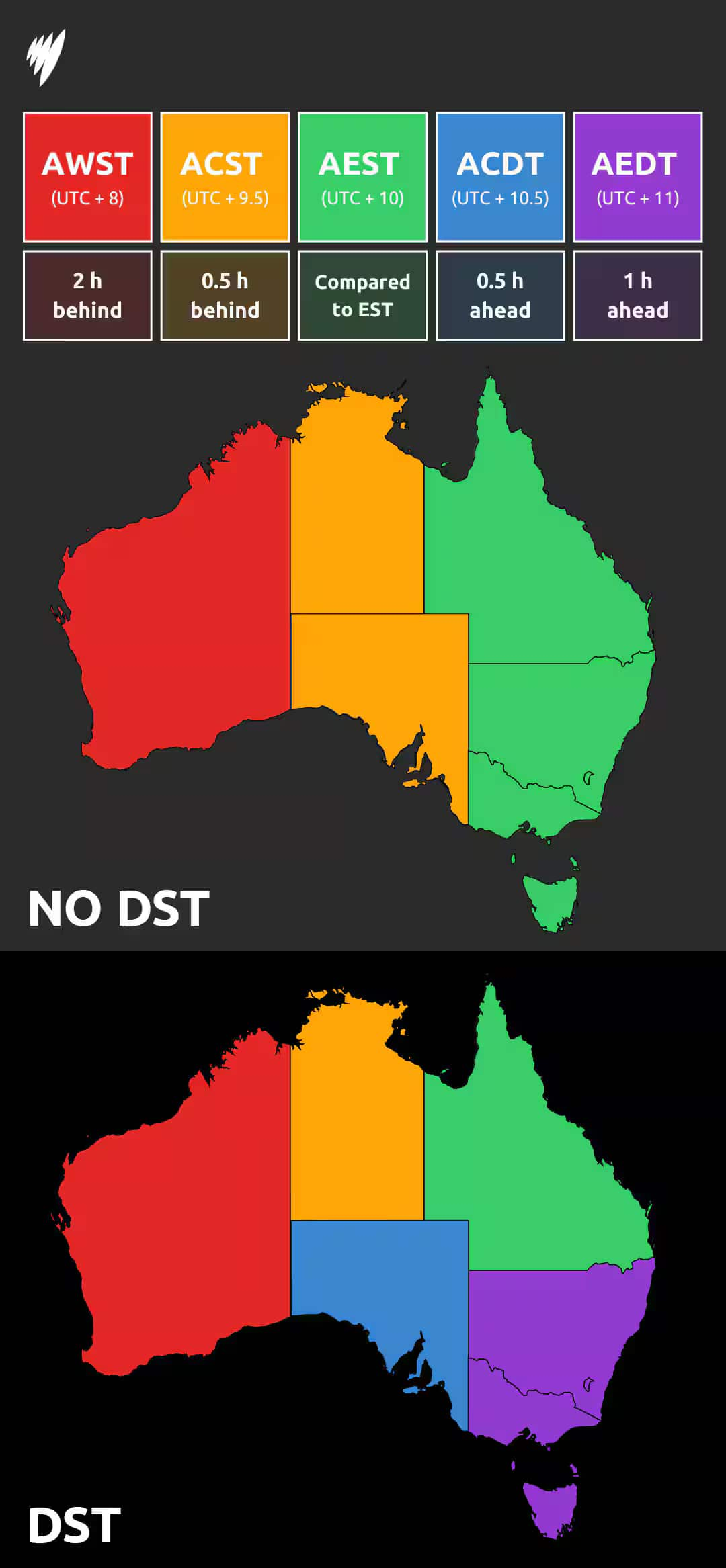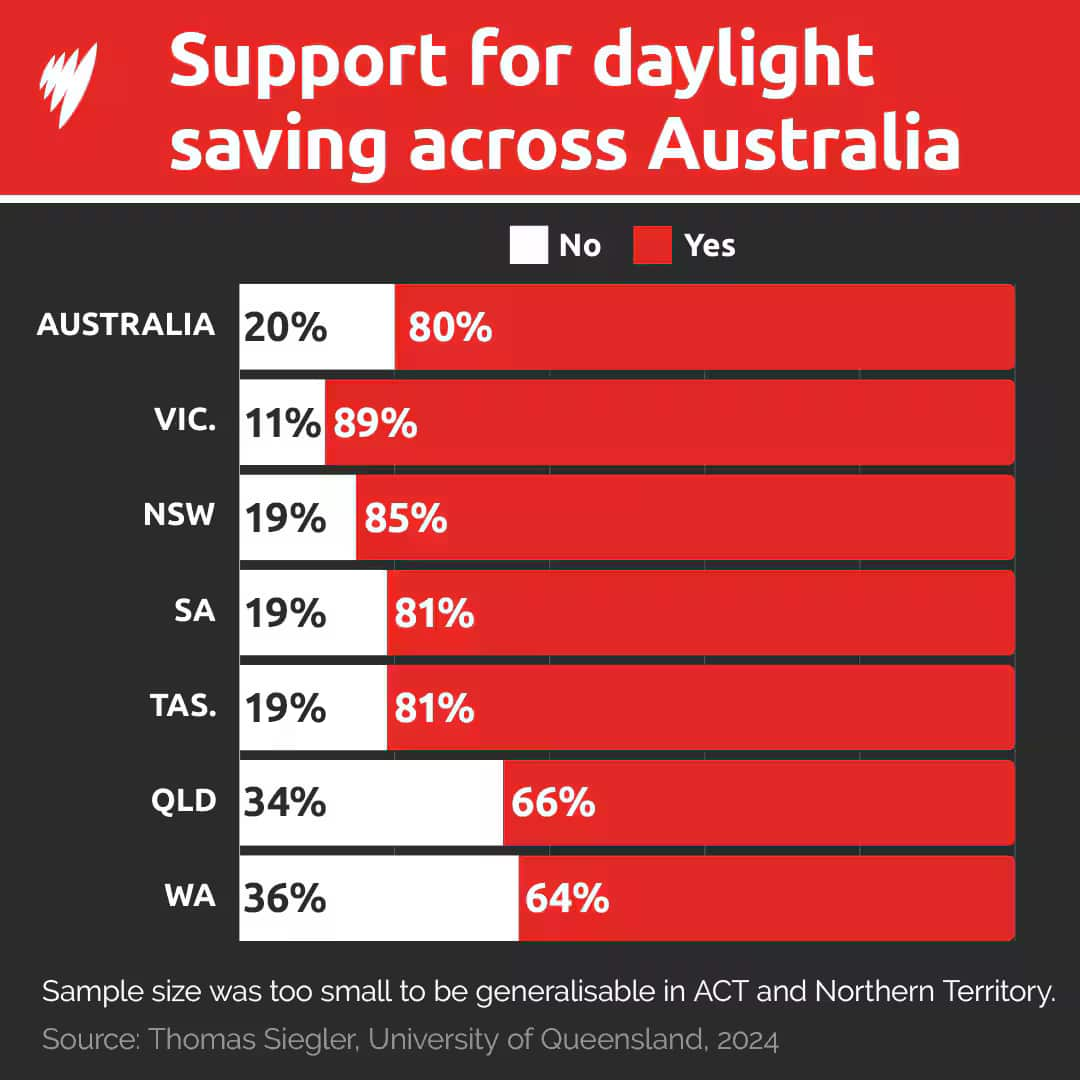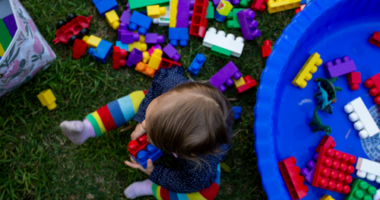Share this @internewscast.com
However, the clock change can also challenge your body’s routines and circadian rhythm as they adapt to a new schedule. Here’s what you need to know.
When does daylight saving start in 2025?
Daylight saving time will start on Sunday 5 October at 2am AEST.
Daylight saving time generally begins each year on the first Sunday of October, continuing until the first Sunday of April, when clocks are set back one hour.
Wait, are clocks rolling forward or backwards?
But on the other hand, it will mean your mornings will have a lot less light than usual, which could make early morning wake-ups more difficult.
Which states and territories observe daylight saving?
Professor Tim Bedding from the School of Physics at The University of Sydney, an expert in stellar oscillations, emphasized that geography plays a crucial role in these decisions.

Daylight saving time is not observed in Queensland, Western Australia, or the Northern Territory. Source: SBS News
“The effect of DST becomes less as you move towards the equator, which is presumably why Queensland decided not to adopt daylight saving,” Bedding said.
Once daylight saving time kicks in, Australia goes from having three time zones across the nation to five.
Is daylight saving bad for your body?
“Our internal body clock or 24-hour circadian rhythm will need time to adjust to the shift,” according to its website. “While most people manage this adjustment without major issues, there is an increased risk of sleepiness as the body adapts to the new schedule.”

A 2024 survey found overwhelming support for daylight saving time across Australia. Source: SBS News
The foundation recommends adjusting your bedtime earlier for three to four nights before the transition, which should help reduce the risk of sleep loss.
Report author and sleep specialist emeritus professor Leon Lack noted: “Our studies indicate that although the initial transition into DST might be challenging, any adverse effects tend to diminish within one to three months at most.”
How can you adjust?
– Start your day with sunlight. Especially in the mornings leading up to and after the clocks move forward.
– Limit afternoon caffeine. Try and avoid coffee or tea after midday so it doesn’t keep you up at night.
– Consume a nutritious breakfast and exercise consistently. A good breakfast can help stabilize your wake-up routine, while regular physical activity (not too late in the day) can enhance sleep quality.
– Reduce screen time before bed. Put the phone away and dim the lights about two to three hours before bed to support your circadian rhythm.
– Plan for post-daylight saving rest. Expect a slight disruption after the clock change, and if needed, take a 15-minute power nap to recharge.













